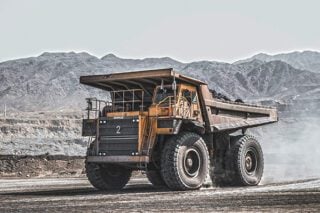Last week, Minneapolis-based company Polaris recalled 35,000 all-terrain vehicles (ATVs) because of violations to asbestos bans in Australia, Europe, and New Zealand. Twelve different models were recalled in Australia. The ATVs had been in market since at least December 31, 2003.
Minneapolis has a lengthy history of industry and historic preservation, which makes asbestos exposure, and the risk of mesothelioma, an ongoing concern for workers and others.
According to Polaris spokesman James Fuller, “A supplier provided parts with asbestos to the company. A firm Polaris hired tested the parts and determined they didn’t represent a health risk.”
The recalls are not expected to be issued in the U.S. and Canada, because those countries have not yet banned asbestos.
In the automotive manufacturing and repair industries, brake pads are historically one of the most common parts to contain asbestos. Asbestos was quite useful for its fire-resistant properties as the heat generated by stopping a heavy vehicle could exceed 2,500 degrees Fahrenheit. This created a substantial hazard.
Although the health hazards of asbestos became public knowledge in 1977, asbestos dust continues to be a danger in brake pad applications. U.S. automakers claim that asbestos materials are no longer used in friction products.
However, foreign manufacturers of after-market brake pads are under no economic or regulatory pressure to cease using asbestos materials. There are also no laws on the books that require such products to be labeled as containing asbestos.
An investigation by two Seattle reporters revealed that dust collected from over thirty urban auto repair facilities across the nation contained anywhere from 2% –63% asbestos.
The Occupational Safety and Health Administration (OSHA) recommends that automotive repair personnel take appropriate precautions by using a wet cleaning solution or enclosure when working with brake components. Auto mechanics are especially at risk for asbestos exposure.





